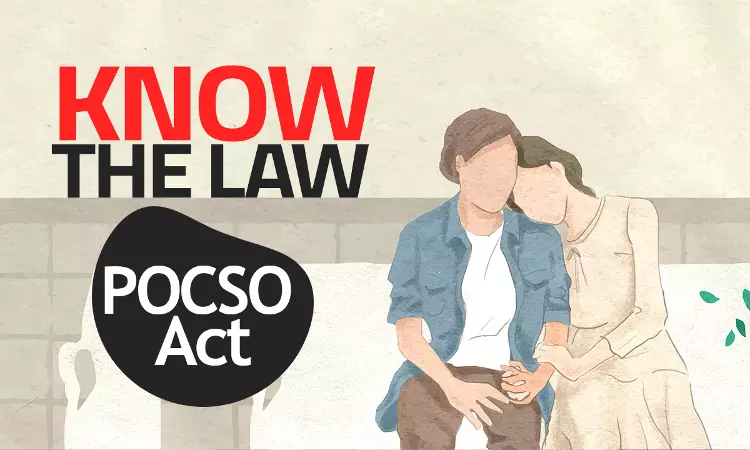Why Are POCSO Act's Provisions On Mandatory Reporting Under Challenge?
Sofi Ahsan
23 Feb 2023 8:15 PM IST

Next Story
23 Feb 2023 8:15 PM IST
Delhi High Court on Tuesday issued a notice on a public interest litigation challenging the provisions of Protection of Children from Sexual Offences (POCSO) Act, 2012, that pertain to mandatory reporting of suspected sexual abuse of minors. The petition filed by a lawyer particularly challenges the mandatory reporting in context of consensual sex between minors.In recent years, there has been...
